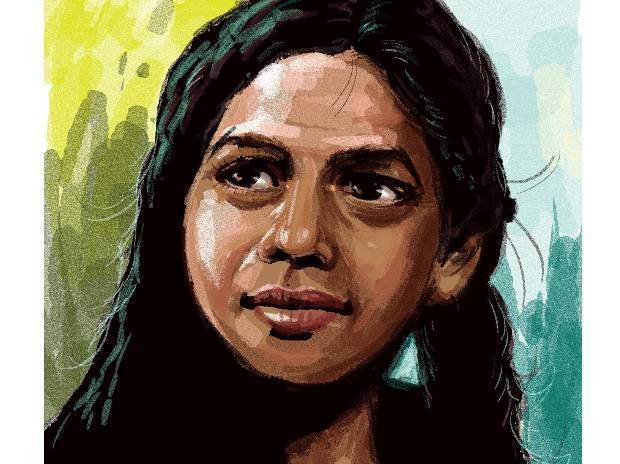
The Right to Death
by Revati Tongaonkar October 27 2017, 5:06 pm Estimated Reading Time: 3 mins, 22 secsThe Supreme Court on Tuesday opposed the notion of allowing patients to create a 'living will'. Known as an 'advanced medical directive' in legal jargon, the bill is meant to give terminally ill patients the right to give consent to passive euthanasia if the said patient is reduced to a permanent vegetative state with little chance of recovery or survival.
Advanced Medical Directives are a prerecorded contract, and document a person's decision to terminate life support in case they pass into a vegetative state. Living wills may be carried out by either active or passive euthanasia- the former of which is presently illegal in our country. The Government of India currently allows passive euthanasia- the deliberate withdrawal of either food, water or medical treatment to induce mortality in a patient- in some cases, and only after a high court's approval following a plea by the family or a 'near friend'.

Today, patients have no say in deciding for themselves the terms of what happens to them, should they end up, by a mishap, in a terminally vegetative state. In a living will, a patient has the right to decide the time of his/her death under conditions of duress. The patient also has the freedom to describe his/her favored treatment, or rejection of treatment, or his/her preference for tube-feeding, pain medication, etc., when in a state where he/she cannot communicate choices, and/or make coherent decisions.
The plea, by NGO Common Cause, was to declare the 'right to die with dignity' as a fundamental right, under the umbrella of the right to live with dignity, and was opposed by the government on moral grounds. The bill, it says, can easily be made unfair use of, especially in the case of the elderly and the dependent, say, in favor of inheritance or an insurance payout. The bill also defines the need for the patient to be of sound mind and under no duress or coercion, in the presence of witnesses (who have no gain from the proceeds of his/her estate), terminal conditions and also the authority of the attending physician. It also seeks legal immunity for the physician, for the death to not be classified as a suicide, and penalties for abuse. The insistence of a medical board which determines if the patient is, indeed, beyond the grasp of medical aid ought to be sufficient enough to convince the statement concerning its abuse.
Prolonging a vegetative patients' so-called life is often a burden on families, especially poorer ones- it drains them of their resources, while giving them no option of ending the agony of the patient and the family by choice, dragging a dead life. Although every family hopes for a miracle recovery- but for how long, and till when is hope feasible? Miracles do happen, and so do Aruna Shaunbaugs and Terri Schiavos- the latter, a landmark patient in American legal history. Schiavo, a patient in a vegetative state bound to the bed, had her husband feuding with her parents- the former asking that she be taken off life support and 'end her life in dignity' and the latter insisting she be kept alive, in hopes of seeing her well again. After her natural death, studies revealed that her brain had shrunk to half its size long ago, and she would never had recovered.
Clauses can be added in a contract- of determining the wait period before taking the plunge, or describing the exact circumstances in which to do so. But, by letting a patient decide the steps to be taken in case of a mishap, we allow him/her to pass away with dignity, in accordance to their wishes, while relieving the family of the very real moral guilt of having taken the step to terminate treatment.
Sources:
http://www.thehindu.com/opinion/editorial/the-will-to-die/article19840981.ece
http://discovermagazine.com/2011/mar/09-turning-vegetables-back-into-humans
http://ijme.in/articles/legal-and-ethical-considerations-of-living-will/?galley=html
http://www.hindustantimes.com/india-news/govt-opposes-living-will-all-you-need-to-know-about-euthanasia-right-to-die-with-dignity/story-O8IyEbhMveq9QvVKAU2juJ.html
https://blogs.timesofindia.indiatimes.com/toi-edit-page/why-we-need-living-wills-astonishingly-we-as-indian-citizens-have-no-right-to-autonomy-in-our-health-care-choices/





-173X130.jpg)
-173X130.jpg)
-173X130.jpg)
-173X130.jpg)

_(7)-173X130.jpg)
-173X130.jpg)